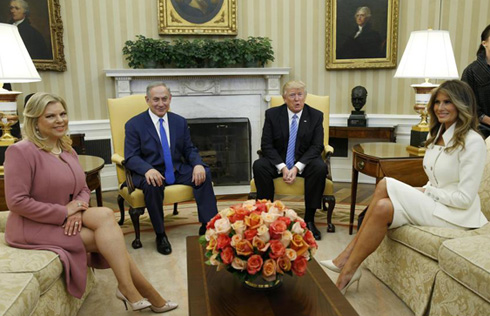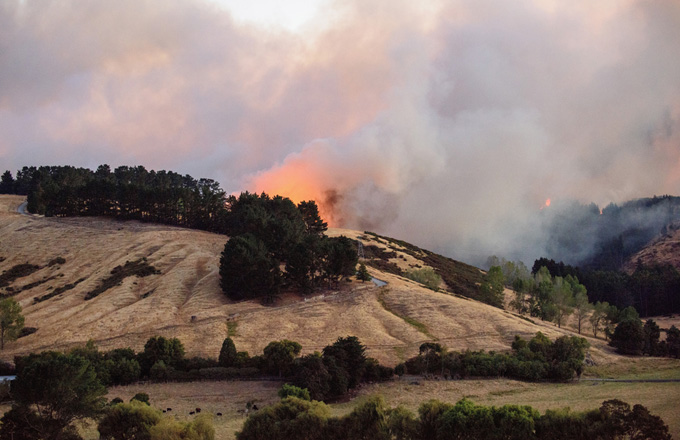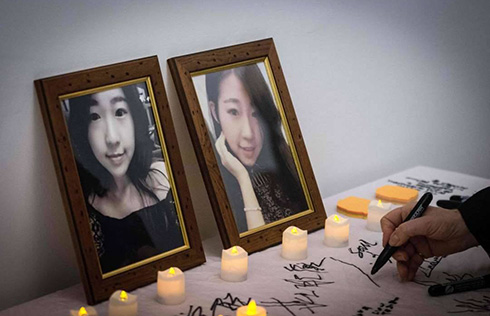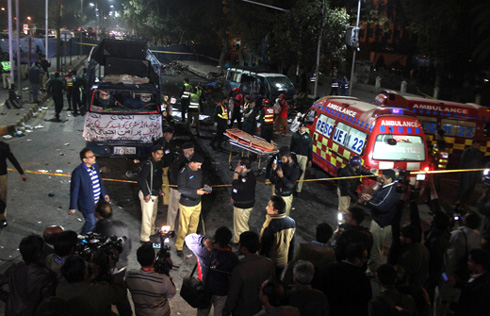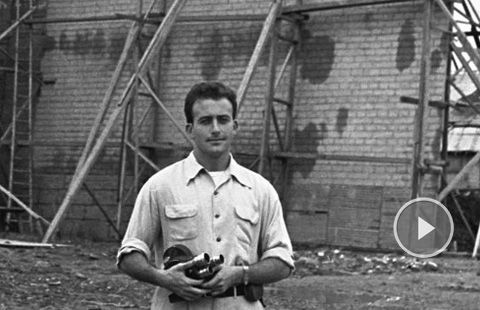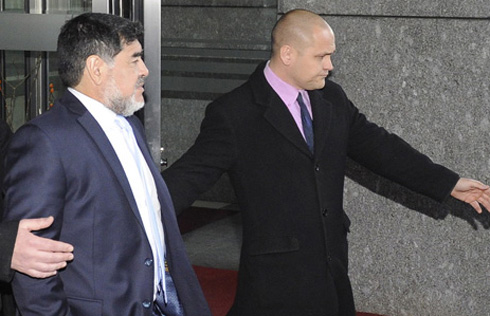DPRK legislators meet amid nuclear tension
Parliamentary session names new premier
Legislators in the Democratic People's Republic of Korea gathered on Monday for an annual spring parliamentary session that followed a ruling party declaration that nuclear bomb building and a stronger economy are the nation's top priorities.
The meeting of the Supreme People's Assembly follows near-daily threats from Pyongyang, including vows of nuclear strikes on Seoul and Washington.
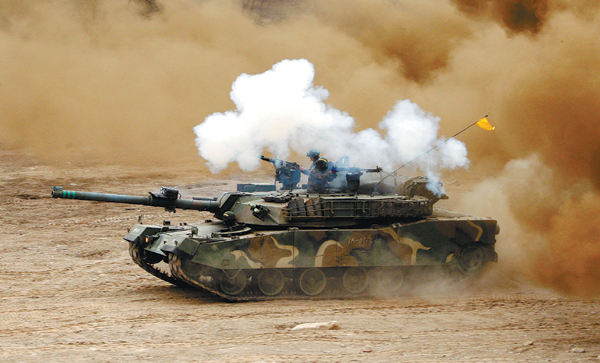 |
|
An ROK tank takes part in an exercise against possible attacks by Pyongyang, near the demilitarized zone in Hwacheon, the Republic of Korea, on Monday. Lee Hae-ryong / Yonhap via Associated Press |
The United States, meanwhile, sent F-22 stealth fighter jets to participate in annual war games with the Republic of Korea, and the new ROK president, who has a policy aimed at re-engaging the DPRK with talks and aid, told her top military leaders to set aside political considerations and respond to possible attacks.
Despite the continuing hostility on the peninsula, there has been a noticeable shift in Pyongyang's rhetoric to a message that seeks to balance efforts to turn around the economy with nuclear development.
"There was a danger that this was getting to the point ... of a permanent war footing," said John Delury, an analyst at Seoul's Yonsei University.
"In the tension and militant rhetoric and posturing, Kim Jong-un is saying, 'Look, we're still focused on the economy, but we're doing it with our nuclear deterrent intact'."
The DPRK has reacted with anger to US-ROK military drills and a new round of UN sanctions that followed its Feb 12 underground nuclear test.
Analysts see a full-scale DPRK attack as unlikely and say the threats are more likely efforts to provoke softer policies toward Pyongyang from a new government in Seoul, and to win diplomatic talks with Washington.
On Sunday, a meeting of the Central Committee of the ruling Workers' Party adopted a declaration calling nuclear weapons "the nation's life" and an important component of its defense, an asset that wouldn't be traded even for "billions of dollars".
The DPRK cites the US military presence in the ROK as a main reason behind its drive to build missiles and atomic weapons. The US has stationed troops in the ROK since the Korean War ended in a truce in 1953.
While analysts call DPRK threats largely brinkmanship, there is some fear that a localized skirmish might escalate. Seoul has vowed to respond harshly should Pyongyang provoke its military.
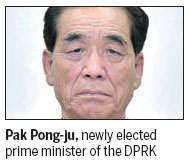
During the Monday meeting, the Supreme People's Assembly of the DPRK named Pak Pong-ju, an economics expert, as its prime minister. Pak previously served as premier from 2003 to 2007. "At the session, Deputy Choe Yong-rim was recalled from the post of premier of the DPRK Cabinet and Deputy Pak Pong-ju was elected premier of the DPRK Cabinet," state news agency KCNA said.
The sessions, which are usually held to approve personnel changes and budget and fiscal plans, are scrutinized by the outside world for signs of key changes in policy and leadership.
At a session last April, Kim was made first chairman of the National Defense Commission.
Kim presided over Sunday's meeting of the Central Committee of the Workers' Party, which set a "new strategic line" calling for building both a stronger economy and nuclear arsenal.
The decision means the DPRK believes it can rebuild the economy while not neglecting its military because it now has nuclear and long-range missile capabilities, said analyst Cheong Seong-jang at Seoul's Sejong Institute.
Economic changes won't be radical, said Delury, the analyst at Yonsei University, and for the time being, they're mostly aspirational. One change could entail a shift of part of the country's massive military spending into the economy as a whole.
AP-Reuters-AFP
- DPRK military hotline cut-off 'not constructive': US
- Park calls on DPRK to abandon nuclear arms
- DPRK's Kim inspects combat equipments
- DPRK blames US, ROK for cyber attacks
- ROK rejects DPRK warnings
- ROK dismisses DPRK's war threats
- US slaps sanctions on DPRK bank, individuals
- DPRK cuts hotline with ROK
- ROK, US start annual drill amid DPRK threats
- Park vows resolute response to DPRK provocations




